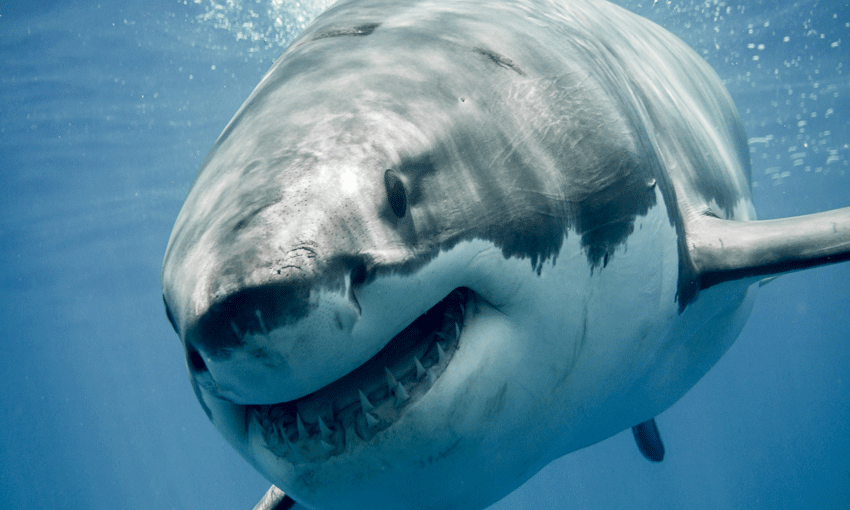PAPUA New Guinea is increasing its oil spill response capacity to prepare for more maritime traffic through its ports in the coming years.
Senior representatives from the country’s ports and maritime community recently attended level 3 oil spill response training in Port Moresby.
This round of training (in February) was arranged by the National Maritime Safety Authority (NMSA) of PNG and conducted by Singapore-based training provider Oil Spill Response.
Government entities, the PNG Defence Force and PNG Ports Corporation attended the training alongside businesses Puma Energy, Pacific Towing, the Pacific Maritime College and a local environmental protection agency.
“[It was] excellent to see so many significant stakeholders come together for the training which had not previously been run in PNG,” Pacific Towing general manager Neil Papenfus said.
“The training strengthens our collective capacity to respond quickly and effectively to any maritime emergencies and spills that may occur in the future.”
Pacific Towing said the NMSA’s investment comes as the country’s oil and gas sector prepares to expand.
Oil and gas production is expected to increase in the next three to four years, meaning more tankers transiting PNG waters.
TotalEnergies is also progressing with an LNG project in PNG, and the arrival of construction materials by ship will also increase vessel traffic.
Pacific Towing expects maritime traffic to increase by 30% in Port Moresby during the first 18 months of the project’s construction.
It said another driver of increased traffic is the refurbishment, modernisation and expansion of many of the country’s ports, funded largely by the Australian government.
NMSA executive manager, maritime operations Krzysztof Orlowski said the increase in vessel movements and the importance of the country’s marine environment both necessitate improvements to the country’s spill response capacity.
“Local coastal people heavily rely on the health of our waterways to provide for their families,” Captain Orlowski said.
“It is common for people to catch fish so that they have food on the table, as well as additional fish to sell at the market so that they have cash for essentials like medicine and education.
“As such, we have much more to protect here than just profits and reputation. Our growing investment in training, as well as our simulation exercises better position us to do exactly that.”





